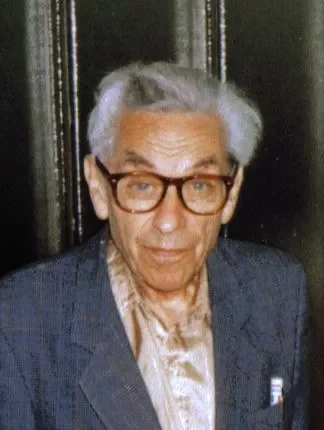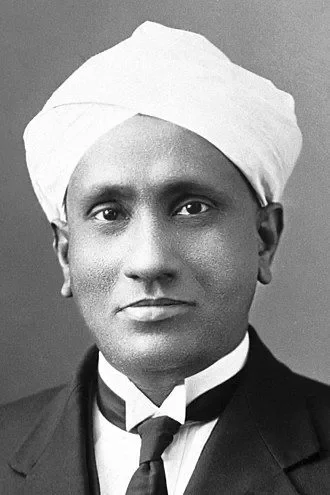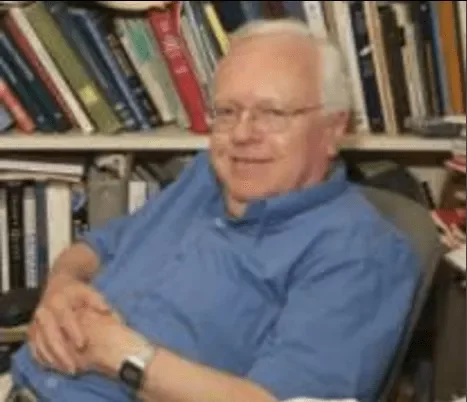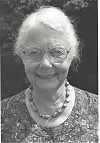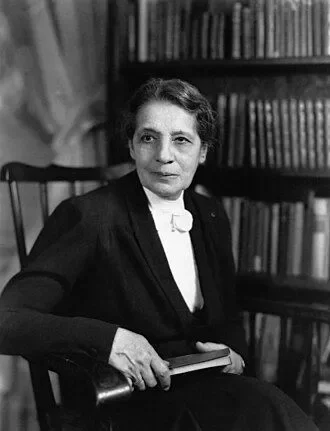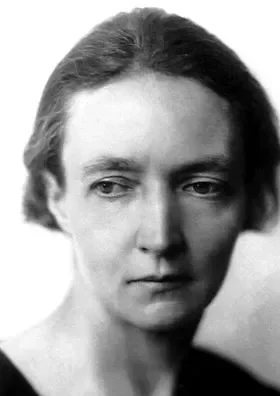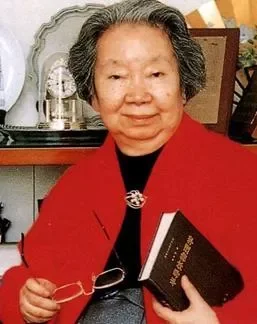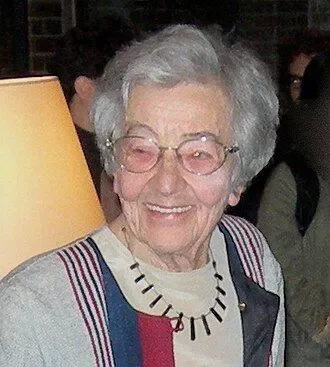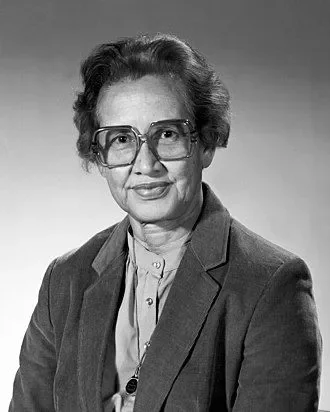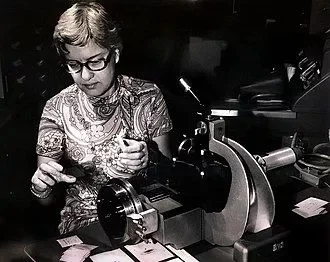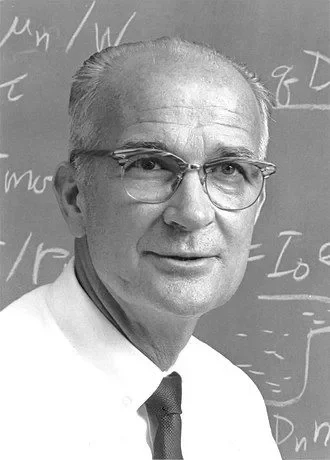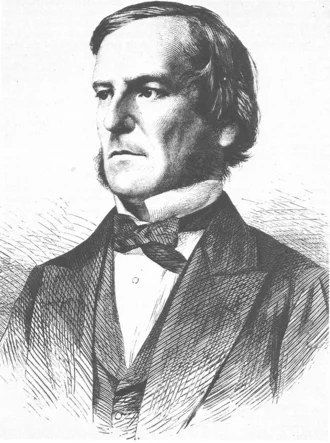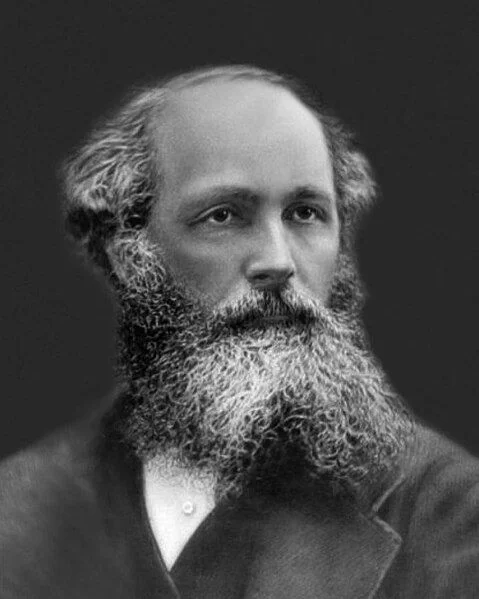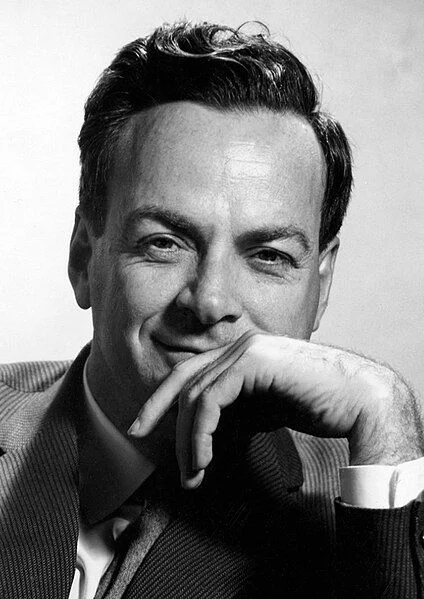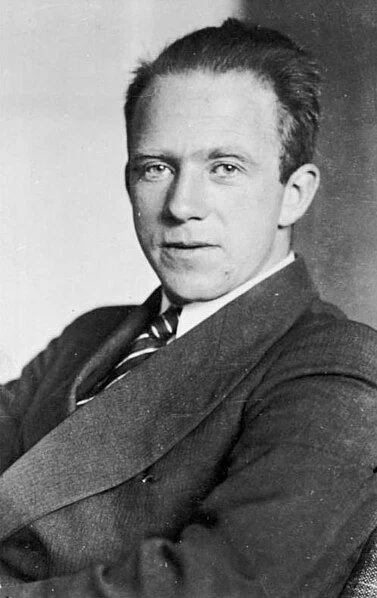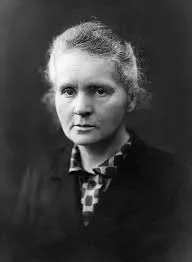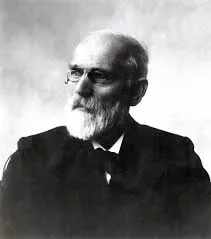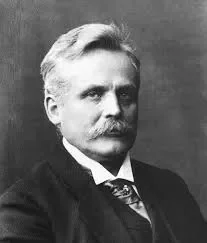Real Celebrities Never Die!
OR
Search For Past Celebrities Whose Birthday You Share
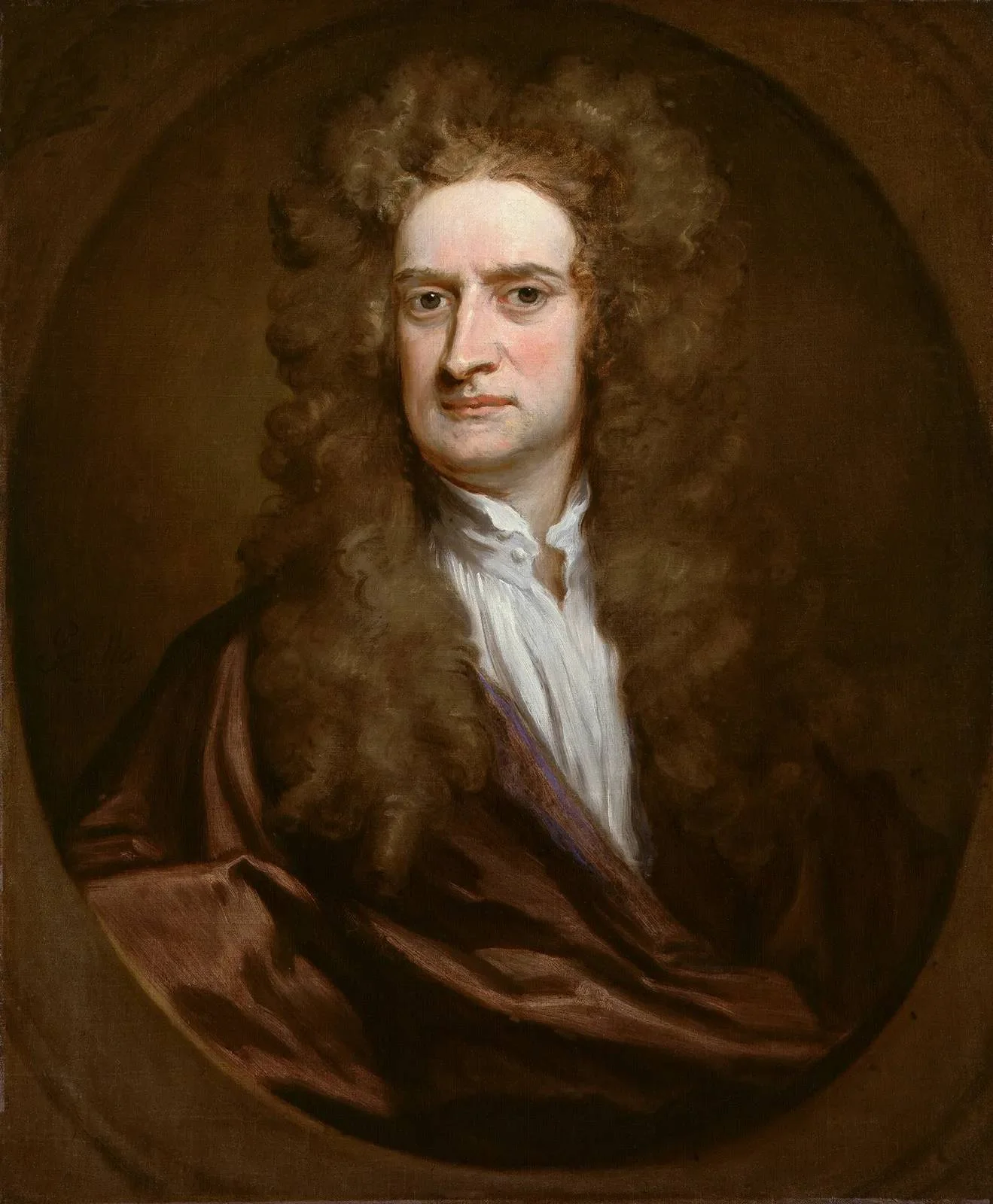
source: britannica.com
Isaac Newton
Birthday:
04 Jan, 1643
Date of Death:
31 Mar, 1727
Cause of death:
Natural
Nationality:
British
Famous As:
Alchemist
Age at the time of death:
84
Isaac Newton's Quote's
A Pioneering Figure in Science
Isaac Newton was one of the most well-known physicists, astronomers, and authors to ever exist. He was one of the most influential figures in the history of science who made several groundbreaking discoveries during his time. He formulated the three laws of motion, which described how objects moved when forces act on them. Newton’s ideas on light, motion, and gravity dominated physics for centuries until they were modified by Albert Einstein’s theory of relativity.
Early Life and Education
Newton was born in 1642 in Lincolnshire, England. His father passed away three months before his birth, and his mother remarried when he was three years old. He was raised by his grandmother and attended The King’s School, where he excelled in mathematics and natural philosophy. However, his mother demanded that he quit school and become a farmer. His schoolmaster convinced his mother to allow him to return to school. Newton enrolled in Trinity College in 1661, where he studied mathematics, physics, astronomy, and alchemy.
Discoveries During the Great Plague
The Great Plague forced his university to close in 1665, and Newton returned to Woolsthorpe for two years. During this time, he observed that sunlight is comprised of different colors that can be separated by a prism. He also discovered a generalized binomial theorem and began to develop a new method of calculus based on infinitesimals. Additionally, he derived the laws of motion and gravitation.
Return to Cambridge and Academic Success
Isaac Newton returned to Cambridge in 1667 and became a fellow of Trinity College. He succeeded Isaac Barrow as the Lucasian Professor of Mathematics in 1669. In 1679, Newton resumed his work on celestial mechanics and renewed his interest in astronomical matters. He worked out the proof that the elliptical form of planetary orbits resulted from a centripetal force inversely proportional to the square of the radius vector.
Publication of the Principia
Newton began writing his magnum opus, the Principia, with the first edition being published in 1687, thanks to financial support from Edmond Halley. The Principia contained three books: the first focused on the laws of motion and their applications to terrestrial phenomena; the second dealt with fluid mechanics and hydrostatics; and the third addressed celestial mechanics and cosmology. The Principia was widely considered a masterpiece by many scientists of the time.
Role as Warden and Master of the Mint
Newton was appointed Warden of the Mint in 1696, where he oversaw the production and distribution of coins in England. He took his role seriously, reforming the currency system, improving the quality and security of coins, and prosecuting counterfeiters. In 1699, he was promoted to Master of the Mint, a position he held until his death.
President of the Royal Society
Isaac Newton was elected as President of the Royal Society in 1703, a prestigious role that he used to promote his views on science and philosophy. He held this influential position until he passed away in 1727.
Name:
Isaac Newton
Popular Name:
Isaac Newton
Gender:
Male
Cause of Death:
Natural
Spouse:
Place of Birth:
Woolsthorpe-by-Colsterworth, Lincolnshire, England
Place of Death:
Kensington, Middlesex, Great Britain
Occupation / Profession:
Personality Type
Architect: Isaac Newton was known for being an independent person who lived a secret life. He sometimes even delayed publishing some of his works.
However, Newton fared poorly as a farmer and returned back to school after his former headmaster convinced his mother.
Newton’s mother ordered him to quit school at the age of 15 to become a farmer.
Newton was abandoned by his mother when he was a small boy. This helped him develop a secretive personality.
Newton was in charge of the Royal Mint and had several forgers executed.
The bubonic plague resulted in Cambridge University closing its door. This forced Newton to return home to Woolsthorpe Manor. While sitting in the garden one day, he saw an apple fall from the tree which inspired him to eventually formulate his universal law of gravitation.
Fellowship of the Royal Society (1672)
Knight Bachelor (1705)

